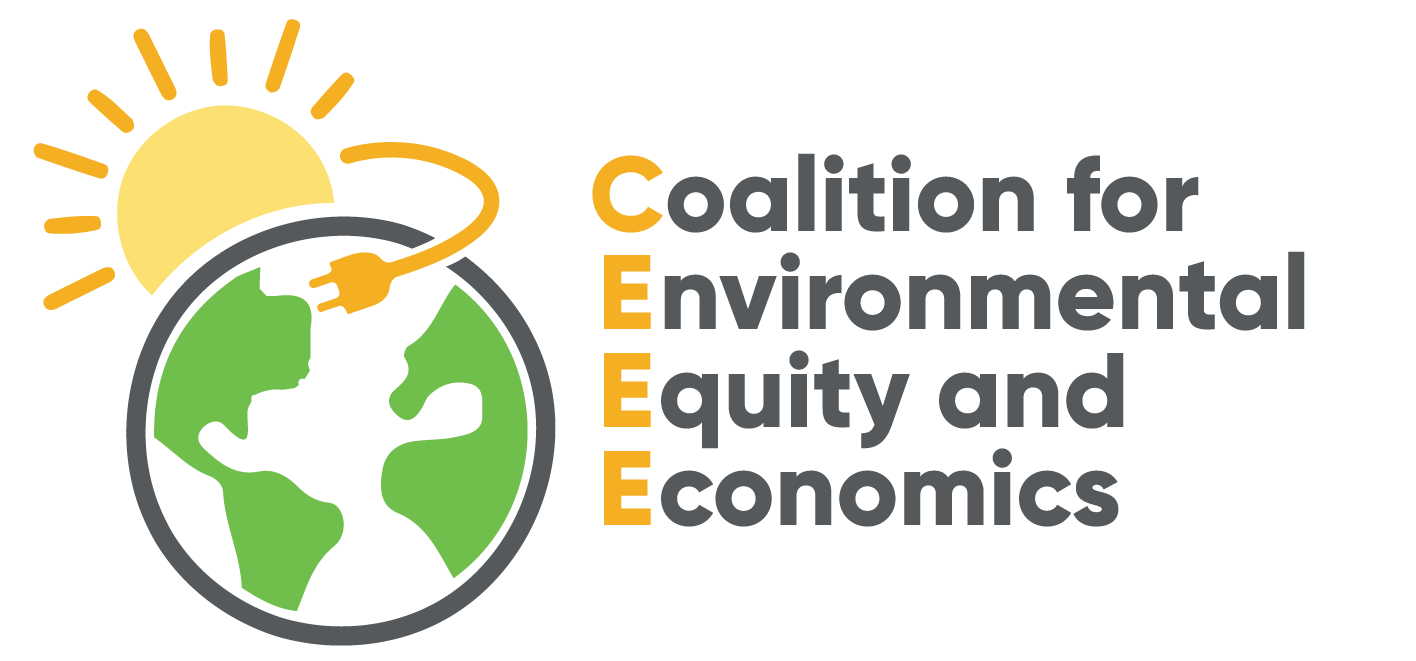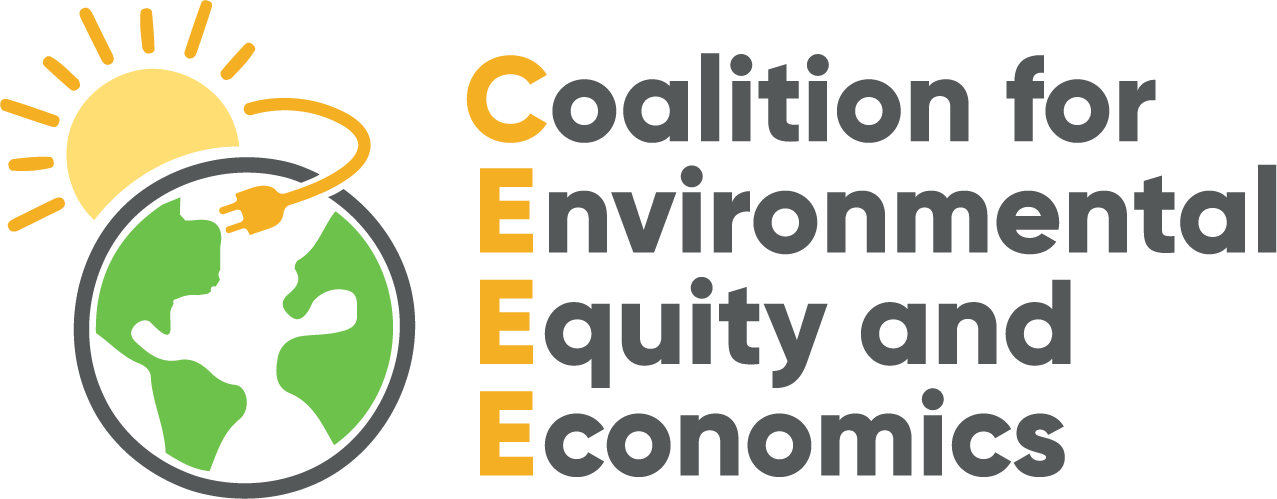Oct. 17, 2023
The California Public Utilities Commission, which regulates our state’s investor-owned utilities — Pacific Gas and Electric Co., Southern California Edison, San Diego Gas and Electric Co. — has been quietly working on new electricity rates that would increase bills for most customers across the state. The commission is creating a new rate structure based on customers’ income.
Here’s what’s on the table: The utilities and some aligned organizations are proposing a new fixed charge of from $30 to $70 per month for most ratepayers. A single parent with an annual income of $40,000 living in an apartment in the Bay Area would see their bill go up by around $20 per month.
Same for a family of four living in a condo making $76,000, as well as teachers, nurses, police officers, firefighters and other working people. These fixed fees being proposed by California’s investor-owned utilities would be by far the highest on the country. And those hikes aren’t following standard practice for how things are done.
The entire utility tax mess began in July 2022, when the state Legislature hastily pushed through a vote on AB205, a 21,000- word piece of legislation that contained just a few short paragraphs that eliminated the $10 cap on fixed charges that have been in place since 2013. There were no public hearings, no debates, and the fixed charge was introduced just 96 hours before it was voted on and signed by Gov. Gavin Newsom. This is highly unusual, especially for something so consequential. I’m guessing that many legislators didn’t even know what they were voting on and have heard as much from town hall meetings with several legislators. This is not how our democracy is supposed to work.
Here’s what should be happening: Each year one of California’s investor-owned utilities, such as PG&E, submits a proposal to the state Public Utilities Commission to change their electricity and gas rates—almost always asking for them to increase. When they do this, they are required to provide notice to the customers in their service territory — who will pay these new rates. At this point, regular people are allowed to weigh in and provide input and feedback to the utilities and to the commission about these proposals. There are hearings, and more often than not, the commission lets the utility raise rates on consumers, though not as high as the utility would like.
This is the normal process. It’s transparent, and the public can participate and suggest changes to proposals that are harmful. Other states set rates the same way.
But that’s not what’s happening in this fixed fee proceeding. Instead, investor-owned utilities have found an end around that would essentially tax California ratepayers each month before they’ve even turned on a light switch. This is an extraordinary change in the way new rates are developed — no other state in the country does what California is considering. This is not something that should be negotiated secretly, away from the public.
There are procedural norms that should be followed for any utility changes. These norms allow for public input and feedback to be considered. Otherwise, millions of Californians will see their bills go up and won’t know why. And they won’t be able to do anything about it. How can we expect the public to know, let alone react, to these proposals when the process has been so under wraps?
On top of procedural flaws, there are other flaws. A climate advocacy group, the Clean Coalition, conducted an analysis that found these plans would punish those living in energy-efficient apartments and smaller dwellings by forcing them to pay a disproportionately large share of utility costs. Those who have installed energy-saving appliances, insulation and other measures to conserve electricity will similarly see those efforts stymied by the new rate structure. Most notably, because of the high-fixed fee, people will be more likely to keep gas-fired appliances like water heaters, and heating and air conditioning systems, than switch to all-electric ones. Why pay for clean and efficient systems if your energy rates are going to skyrocket regardless.
What’s happening is disheartening, but not grounds for giving up. Regular people need to make themselves heard. Add your name to those posting complaints on the California Public Utilities Commission website, the only venue where it is allowing people to raise their voices. Message your state legislator or Gov. Newsom, who signed off on this proposal. Urge them to open the process up to the public so that people can have a say in what these investor-owned utilities are trying to do.
Alexis Wodtke is a regulatory attorney with decades of experience practicing before public utilities commissions. She lives in Oakland.



